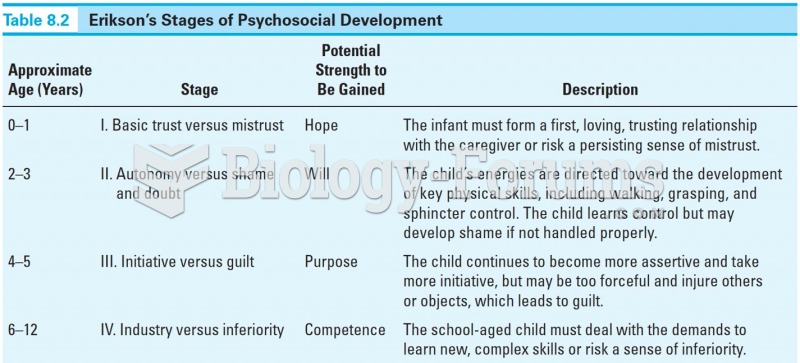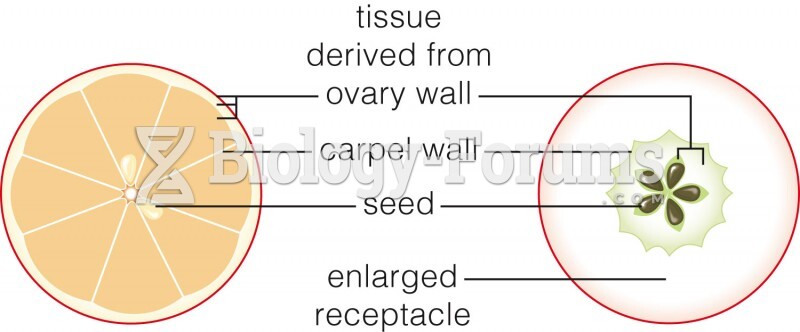Which of the following differentiates market development strategies from product development strategies?
A) In market development, a firm attempts to improve the ability of the company; whereas in product development, a firm chooses to sell new products in completely new markets.
B) In product development, the company leaders choose to continue selling more of their existing products; while in market development, the company attracts new customers from the same market to purchase its products.
C) In product development, the company creates new products and attempts to sell these to its current customers; while in market development, a firm chooses to adapt its current products to a new mission by modifying its products.
D) In market development, companies charge a price that is lower than their rivals; while in product development, the firm attempts to improve the convenience or the cost of transactions.
E) In product development, companies attempt to get the benefits of a low-cost strategy mixed with the benefits of a differentiation strategy; while in market development, companies provide products that offer distinctive features that are qualitatively different from other companies.
Question 2
Which of the following, if true, strengthens the argument that he should adopt a diversification strategy?
A) Brett wants to open a franchisee in the neighboring city.
B) The demand for Becky's vanilla-flavored pastries has gone up after they were endorsed by a celebrity.
C) Brett wants to introduce ready-made cake mixes for Becky's newest franchisees outside Baltimore.
D) Brett wants to cater to health conscious customers who are demanding sugar free pastries.
E) After years of selling desserts, Brett wants to introduce his own line of kitchen tools and kitchenware in the same city.







